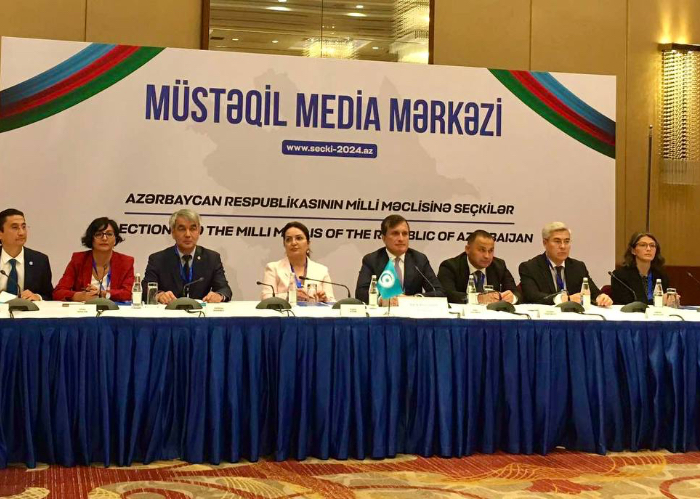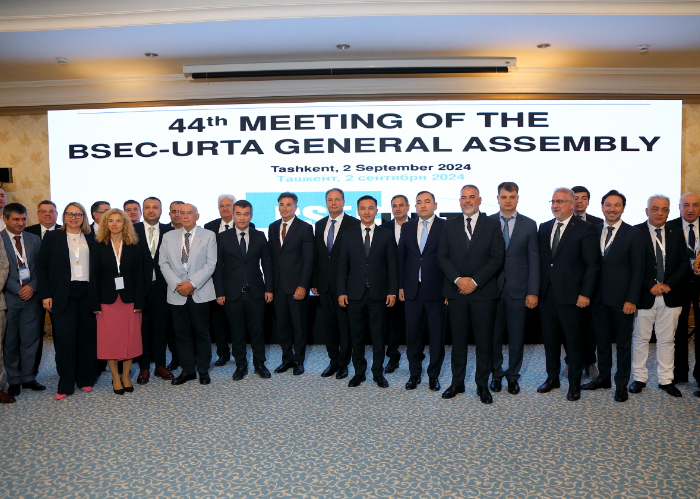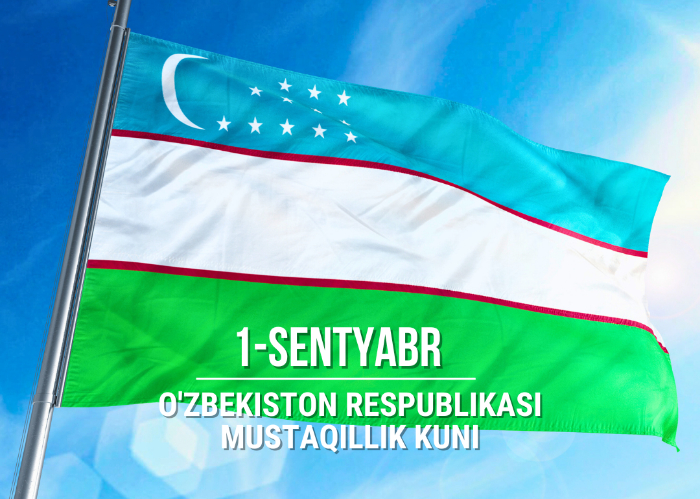Distributed at the request of Azerbaijan (in its capacity of Chairman in Office of the Cooperation Council of Turkic Speaking States-Turkic Council), Kazakhstan, Kyrgyzstan and Turkey
JOINT STATEMENT BY THE MINISTERS OF FOREIGN AFFAIRS OF THE MEMBER STATES OF THE TURKIC COUNCIL AT THE TWENTHIETH MEETING OF THE OSCE MINISTERIAL COUNCIL
(Kyiv, 05.12.2013)
The Ministers of the Turkic Council hope that the 20th Ministerial Council Meeting of the OSCE in Kyiv will be an occasion where pragmatic results will be recorded in all dimensions along the work carried out throughout the year under the chairmanship of Ukraine in addressing the main issues of concern in the OSCE area.
While we are satisfied with the overall framework submitted by Ukrainian Chairmanship for this Ministerial, we hope that our deliberations in Kyiv will be open and the approach to possible declarations and decisions will be based on their respective merits. The Turkic Council Member States confirm their readiness for constructive collaboration with other OSCE participating States to this end.
They are grateful for the efforts of Ukraine to navigate discussions in the Helsinki+40 process and advance the work towards a security community. In Kyiv, we reaffirm our engagement and strong commitment to this process and hope a unanimous declaration in this direction will be adopted.
We believe that both our OSCE commitments and our parallel cooperation through the Council will allow the strengthening of our mutual trust and confidence which can be only beneficial to the overall objective set at the 2010 OSCE Summit in Astana. Our approach is based on our assumption that regional organizations, such as the Council, play a key role in strengthening the overall agenda for a Euro-Atlantic and Eurasian security community.
Finally, we would like to stress our readiness to contribute to the building of such a security community which should be, as mentioned by all Heads of States and Governments in Astana, "free of dividing lines, conflicts, spheres of influence and zones with different levels of security".
Statements of Ministers of Foreign Affairs:










